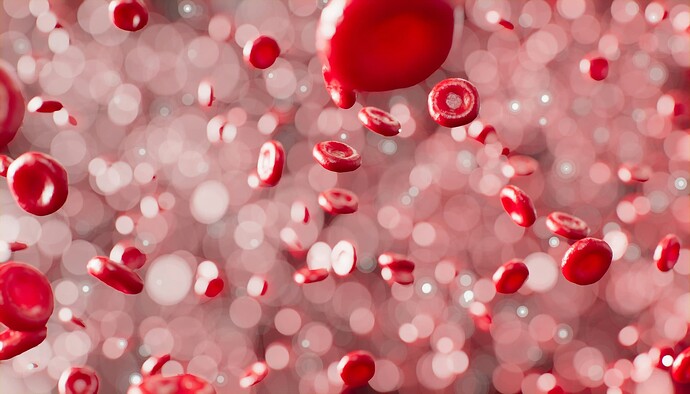Do you bruise easily, get frequent nosebleeds, or bleed heavily from small cuts or during your period? You might have von Willebrand disease (VWD) — the most common inherited bleeding disorder.
What Is VWD?
VWD is caused by a problem with a blood-clotting protein called von Willebrand factor (VWF). People with VWD either don’t have enough of this protein, or it doesn’t work properly. VWF helps blood cells called platelets stick together to stop bleeding and also carries factor VIII, another key clotting protein.
Without enough working VWF, your blood doesn’t clot the way it should — leading to prolonged or heavy bleeding.
Common Signs and Symptoms
- Frequent or hard-to-stop nosebleeds
- Easy or large bruising
- Heavy or long menstrual periods
- Excessive bleeding after surgery or injury
In rare cases, VWD can cause dangerous internal bleeding.
Who Is Affected?
VWD is genetic and affects both men and women. It’s much more common than hemophilia — found in about 1 in 100 to 1,000 people — but usually milder.
Diagnosis and Treatment
A simple blood test can confirm VWD. While there’s no cure, the condition is manageable with:
- Medications like desmopressin
- Clotting factor replacement
- Hormone therapy for heavy periods
- Bleeding-prevention drugs
Living With VWD
Most people with VWD live full, active lives with proper care. Let your healthcare team know about your condition, and always take precautions before surgeries or dental work.
